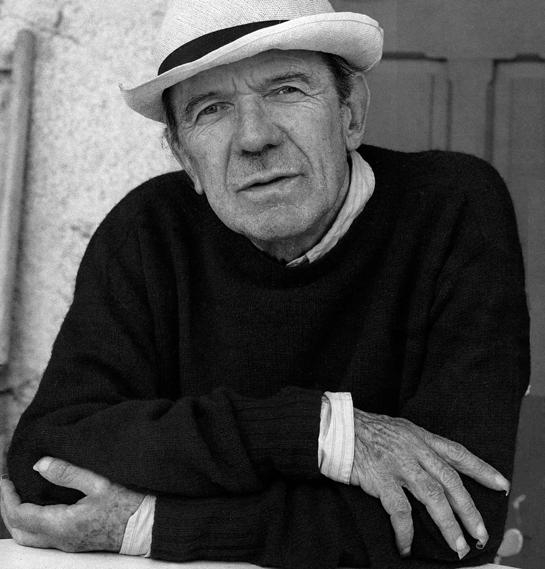On this date in 1925, atheist philosopher and literary theorist Gilles Deleuze was born in Paris. A pioneer of post-structuralism, Deleuze is best known for two volumes of a work titled Capitalism and Schizophrenia, co-authored by psychoanalyst Félix Guattari. The first volume, Anti-Oedipus (1972), synthesizes the theories of Karl Marx and Sigmund Freud. The second volume, A Thousand Plateaus (1980), explores a much wider array of topics. Deleuze’s often impenetrable yet beautiful style has been attributed to the influence of Friedrich Nietzsche, who believed philosophy must be presented in conjunction with poetic language and vice versa.
Deleuze also took from Nietzsche a disdain for theology and the influence of religion over human morality. In Twilight of the Idols: or How to Philosophize with a Hammer (1889), Nietzsche lamented the “theologians who use the concept of ‘moral world order’ to keep infecting the innocence of becoming with ‘punishment’ and guilt.’ Christianity is a hangman’s metaphysics.”
Like many post-structural theorists, Deleuze found religions were “worth much less than the nobility and the courage of the atheisms they inspire.” (Two Regimes of Madness: Texts and Interviews, 1975-1995, 2007). Like the German philosopher Ernst Bloch, Deleuze posited that there is “always an atheism to be extracted from religion” and suggested that Christianity “secretes” atheism more than any other religion. (1991, What is Philosophy?)
Deleuze married Denise “Fanny” Grandjouan in 1956. He committed suicide in 1995 by jumping from his apartment window at age 70 after suffering from severe respiratory problems for years, including tuberculosis and removal of a lung.


